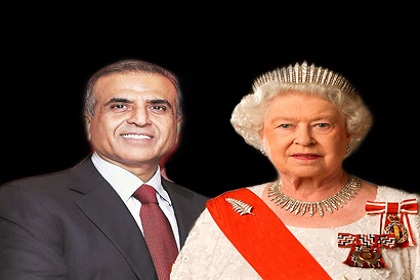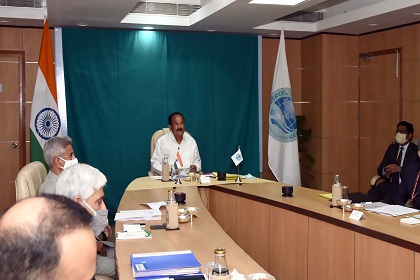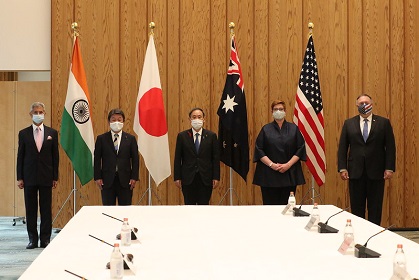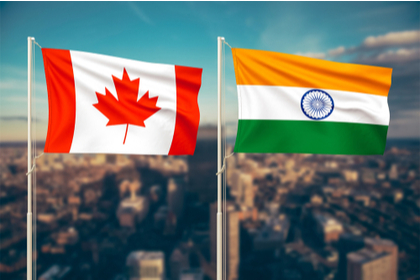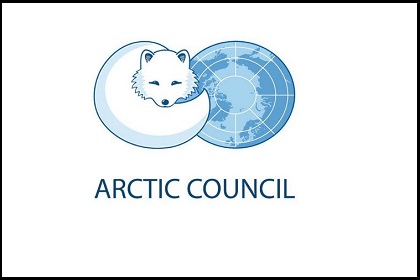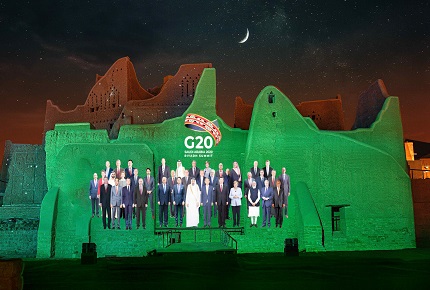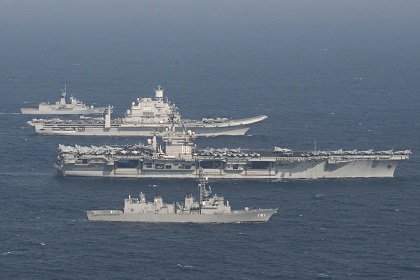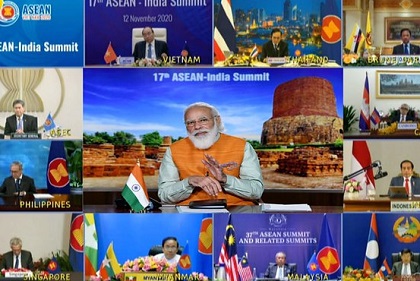Asian geopolitics in 2021
As 2021 opens, the post-COVID world can expect some changes in the geopolitics of Asia. It will involve altering equations in the Indo-Pacific among major, middle and small powers. These will fluctuate with characteristic familiarity, creating instability, tensions and strife, but not leading to military conflict – barring an unforeseen accident. Post-COVID, the world will be uncertain and complex.


